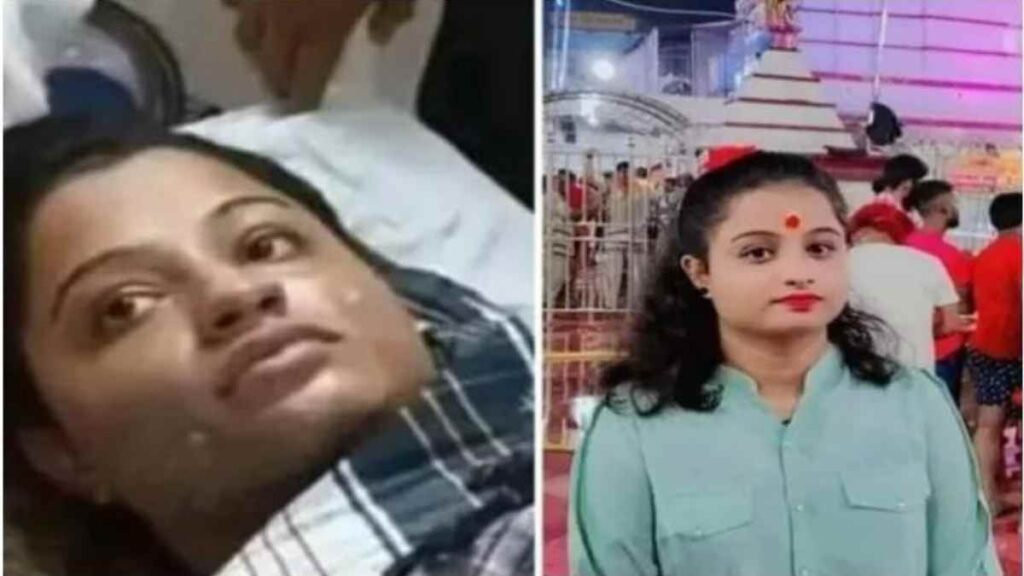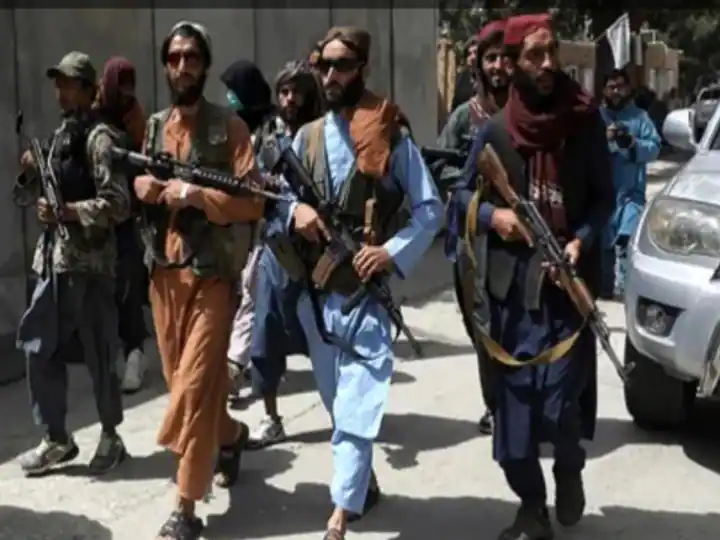High Court bans- Anti-jihad love law: The Gujarat High Court on Thursday suspended implementation of parts of the state’s new anti-conversion law relating to interfaith marriage. A division bench made up of Chief Justice Vikram Nath and Judge Biren Vaishnav said an interim order had been passed to keep people out of unnecessary trouble.
Gujarat’s religious freedom law of 2021, which penalizes conversion of religion by force or fraud by marriage, was notified by the state government on June 15. Jamiat Ulema-e-Hind’s Gujarat branch had said in a petition filed last month that some amended sections of the law were unconstitutional.
Chief Justice Vikram Nath said Thursday: “We are of the opinion that pending a new hearing, Articles 3, 4, 4 A to 4 C, 5, 6 and 6 A will not be invoked if a person of religion marries a person of another religion without resorting to force, without giving any inducement or using fraudulent means and such marriages cannot be qualified as marriages celebrated for the purpose of illegal conversion. difficulty.”
The actual meaning of the prohibition of these articles is that an FIR cannot be formed under this law on the sole ground of his interfaith marriage. State Attorney General Kamal Trivedi asked for an explanation and said what would happen if the marriage resulted in a forced conversion, Chief Justice Nath said: “There must be a basic element of coercion , incitement or fraud. that’s all we said in order. “
Section three of the new state law defines what “forced conversion” is. He says: “Anyone converts any person from one religion to another by force, or by inducement or by any fraudulent means or by marriage or by marrying a person or by assisting in the marriage of any person. or attempt to convert, and no one should promote such a conversion (High Court bans).
Meanwhile, city legal expert Shamshad Pathan praised the High Court’s order. The lawyer told the ‘PTI’ news agency: “In my opinion, the High Court should have taken up this issue (on its own) soon after the entry into force of the Basic Law in 2003. Not only new sections, but this whole law is against the spirit of the constitution and the liberty of the citizens. To choose their religion, the law cannot decide which religion people should follow. I welcome today’s decision.
Expressing similar views, social activist Dev Desai claimed the whole law was “unconstitutional” from the start. “Once a boy and a girl become adults, they are free to decide on their marriage or which religion they wish to follow. The government cannot play any role in this area. Intercast or interfaith marriages are very necessary to eliminate society and create harmony between communities.
Desai said, “I believe the High Court should strike down the whole law. Devvrat agreed to it on May 22. Jamiat Ulema-e-Hind’s Gujarat branch filed a lawsuit against the law last month. (High Court bans).


